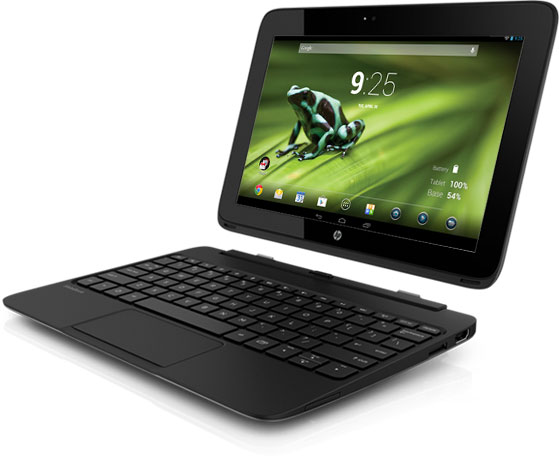Android Powered PCs And Laptops: The Evolution and Current Landscape

Editor’s Note: This article was originally published on June 4, 2013, and has been updated to reflect the current state of Android PCs and laptops in 2025.
Android’s Journey to the PC World
Android has evolved tremendously since this article was first written in 2013. What started as a smartphone operating system has expanded its reach significantly. With over 70% global mobile OS market share today, Android has become a formidable force in the tech ecosystem.
The Evolution of Android on Larger Screens
The idea of Android-powered PCs and laptops that seemed novel in 2013 has taken several interesting turns:
From Chromebooks to Android Apps Integration
Rather than creating dedicated Android laptops, Google took a different approach by integrating Android apps into Chrome OS. Modern Chromebooks now offer access to the Google Play Store, allowing users to run most Android applications alongside Chrome OS features. This hybrid approach has proven successful, with Chromebooks capturing over 20% of the laptop market in certain regions.
Android-x86 Project and Custom Implementations
The Android-x86 project has continued to develop, allowing enthusiasts to install Android on standard PC hardware. This open-source initiative has made it possible to run full Android experiences on traditional computers.
Today’s Android PC Landscape
Modern Android PC Solutions
Unlike the rumored devices from 2013, today we have several mature Android PC options:
-
Samsung DeX: Samsung’s DeX platform has evolved into a full desktop experience that activates when compatible Galaxy devices connect to external displays. The latest DeX implementation offers a Windows-like interface with multi-window support and productivity features.
-
Manufacturer-Specific Solutions: Companies like Lenovo and ASUS have continued to develop Android tablet-laptop hybrids with detachable keyboards and desktop modes.
-
Android TV Boxes as Mini PCs: Android TV boxes have evolved into capable mini PCs, with models from NVIDIA and others offering expanded functionality beyond media streaming.
Enterprise and Education Adoption
Android has found success in specialized computing environments:
- Point-of-Sale Systems: Many retailers now use Android-based POS systems for their lower cost and flexibility.
- Educational Devices: Android tablets with keyboard attachments have become popular in educational settings, offering affordable computing solutions.
Google’s Strategic Direction
Rather than pursuing standalone Android laptops as rumored in 2013, Google has developed a multi-pronged approach:
-
Chrome OS with Android Integration: As mentioned above, this has become Google’s primary strategy for larger-screen devices.
-
Progressive Web Apps (PWAs): Google has invested heavily in PWA technology, creating platform-agnostic applications that work across devices.
-
Google Play Games on PC: Google has expanded Android gaming to Windows PCs, bridging the gap between mobile and desktop gaming.
The Future Landscape
Looking ahead, several developments are shaping Android’s role in the PC market:
-
Android Subsystem for Windows: Similar to Windows Subsystem for Linux, this technology allows running Android apps natively on Windows 11 systems through the Windows Subsystem for Android.
-
Foldable Devices: The line between phone and PC continues to blur with devices like the Samsung Galaxy Z Fold series, which transform from phones to tablet-sized devices with desktop-like capabilities.
-
Virtual Desktop Infrastructures: Cloud-based Android desktop solutions now allow Android interfaces to be streamed to any device.
Conclusion
The Android PC landscape in 2025 looks very different from what was anticipated in 2013. Rather than direct competition with Windows or macOS, Android has carved out specific niches in the computing world while Chrome OS has become Google’s primary laptop platform.
For users seeking an Android-like experience on larger screens, today’s options range from Chromebooks with Android app support to specialized solutions like Samsung DeX. As computing continues to evolve, we expect to see further convergence between mobile and desktop environments, with Android continuing to play a significant role in this transformation.
What are your thoughts on Android’s evolution in the PC world? Would you consider an Android-based solution for your computing needs? Let us know in the comments!

